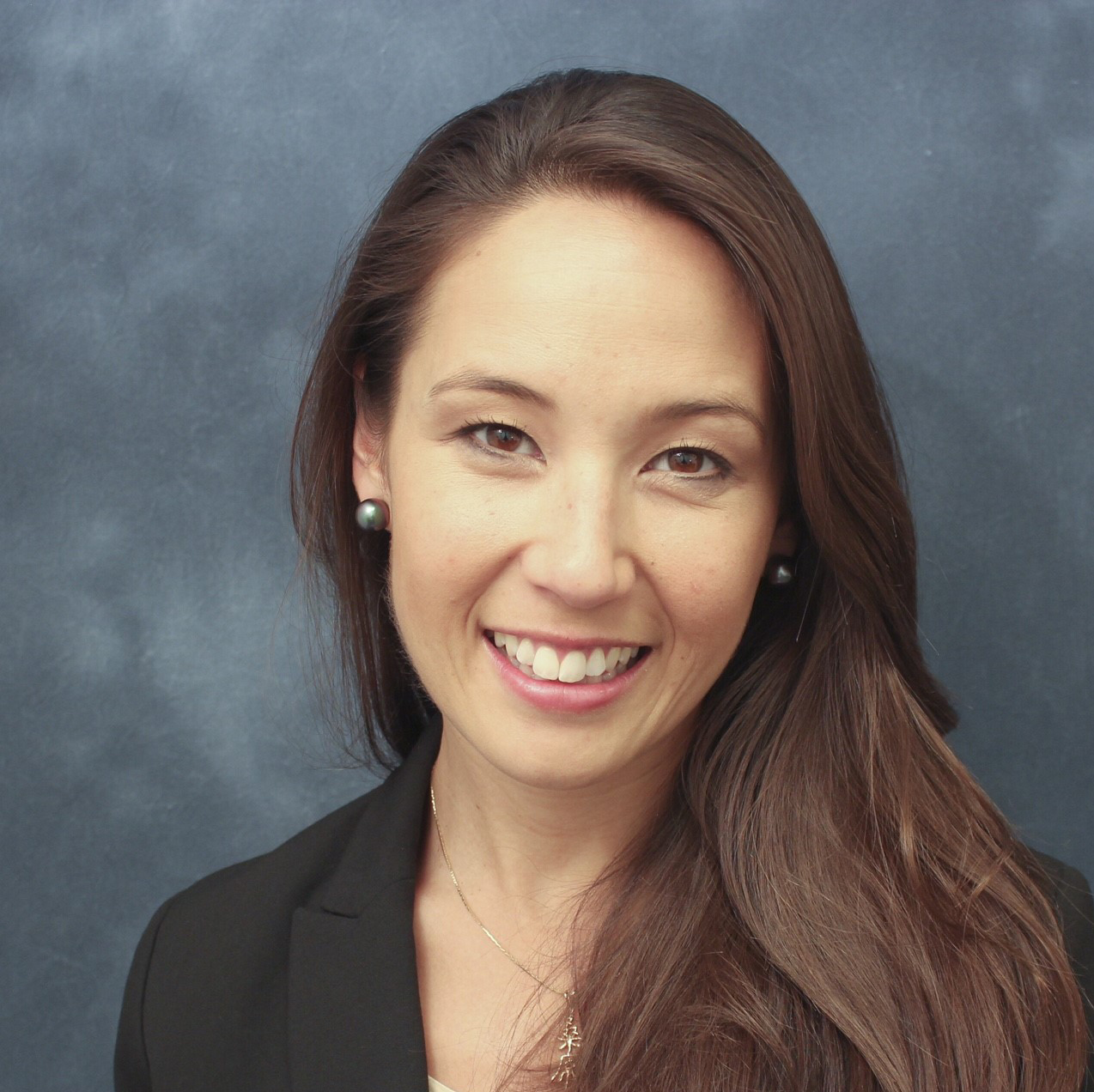International Day of Women and Girls in Science

"Stay curious. Observe, ask questions, never stop learning. Define your own path, don’t let others try to define it for you."
Sachiko Kuwabara
Deputy Director
Office of Operational Data and Analytics
H-CORE
How long have you been in science and technology?
I suppose it depends on how you define “science”. About 18 years, I guess. I have been with ASPR for about two years.
Do you have a specialty or focus area?
As a communication major in undergrad, I studied the role of media and technology in shaping human experience and relationships. I received my master’s degree in human development, and my doctorate in psychiatric epidemiology and biostatistics. That said, I’ve spent the last ten years as a public health practitioner applying and promoting the translation of science to the field of public health emergency response - focusing on everything from responder resilience and wellbeing to risk management and operations to operational data and analytics.
What motivated you to take this career path?
I’ve always been an observer with an innate sense of curiosity, and I enjoy working on solutions to complex problems. In graduate school I became fascinated with biostatistics – it offered a way to tell a story with data, put data into context, empower decision makers with information, turn data into insights and ensure that policies are based on evidence. As a public health practitioner, I quickly realized that data could be leveraged to not only answer tough questions but also automate the answering of easy ones.
Today, I am motivated by opportunities to leverage emerging technology to enhance our use of data, to improve capacity and efficiency by connecting disparate data systems and modernizing operations, and to share and utilize data to enhance coordination and drive more informed, data-driven decision making. Science and technology offer exciting opportunities to improve our preparedness and response capacity. For example, using technology to intelligently automate processes we can reduce the amount of time individuals spend on routine, manual tasks. In fact, we are currently exploring the use of advanced analytics and large language model (LLM)-backed tools to enable analysts to interact with data using natural language, and lower barriers to entry by making data more accessible and approachable for staff across ASPR. Advances in science and technology provide all of us with an opportunity to re-examine our current processes and procedures, to explore new ways of doing business and streamline processes.
What specialty training or education prepared you for this career path?
Graduate studies helped me learn how to refine my questions, form hypotheses, experiment, analyze the results and importantly share what I learned with others – especially the experiments that didn’t work. But the greatest lessons have been in the “doing” of public health.
What would you say to a woman who is considering a career in science and technology?
Stay curious. Observe, ask questions, never stop learning. Define your own path, don’t let others try to define it for you.

